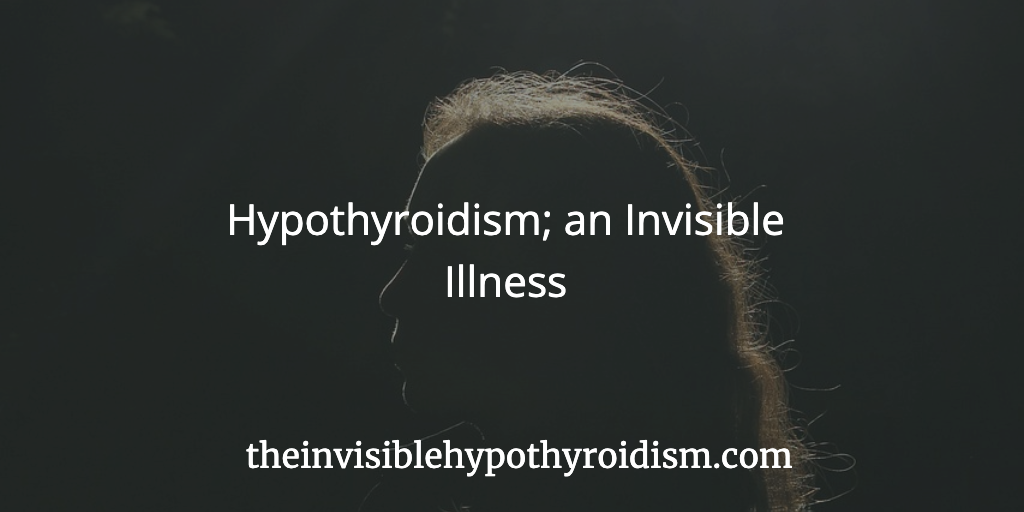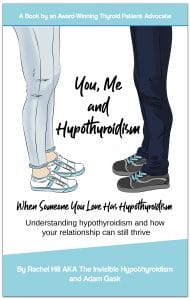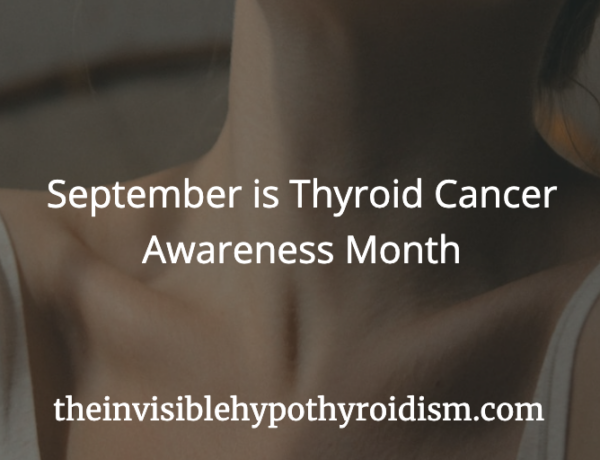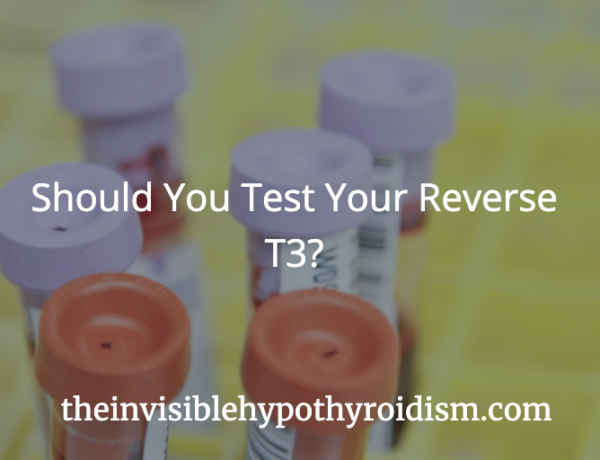Originally published on 21st March 2016 Last updated on 19th July 2024
Hypothyroidism, also called an underactive thyroid, is generally seen as an invisible illness. It often isn’t taken seriously.
Why is it so hard to see what it does to those around us?
An Invisible Illness
Hypothyroidism, unlike many other illnesses, doesn’t tend to make its victims look that sick. Sure, symptoms can include weight gain, hair loss, dry skin, brittle nails… but they aren’t considered to be that shocking, compared to other illnesses.
But for me, the worst symptoms aren’t even the ones you can see; the hair loss, weight gain, dry hair… It’s the ones you can’t. The invisible ones.
The absolute fatigue that leaves you unable to climb stairs, unable to type on a computer at work, unable to get out of your chair.
The brain fog and confusion that breaks you down as you can’t remember how to do a simple task at work, or forget to pick your child up from the school gates.
The pain and agony in your limbs and back, like the worst flu you have ever experienced, that no pain medication can ease and it doesn’t go after a week or two.
Ironically, even if people do acknowledge the visible symptoms, it’s the invisible ones that are often more debilitating.
But if most people won’t believe us about the ones they CAN see, how are we supposed to get people to realise how bad the invisible symptoms can be?
You can click on the hyperlinks in the above post to learn more and see references to information given.
What are your invisible symptoms of hypothyroidism?
See also:
You, Me and Hypothyroidism: When Someone You Love Has Hypothyroidism, a book for those who know someone with hypothyroidism.





